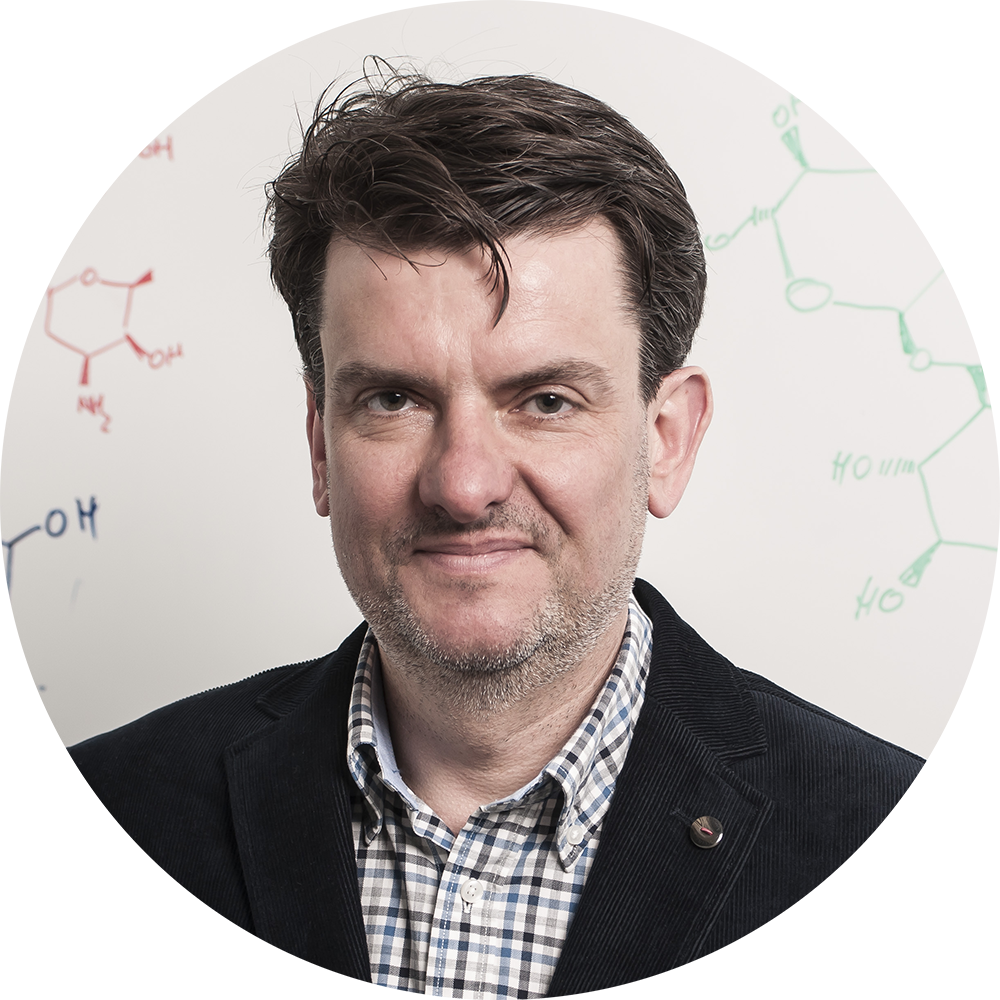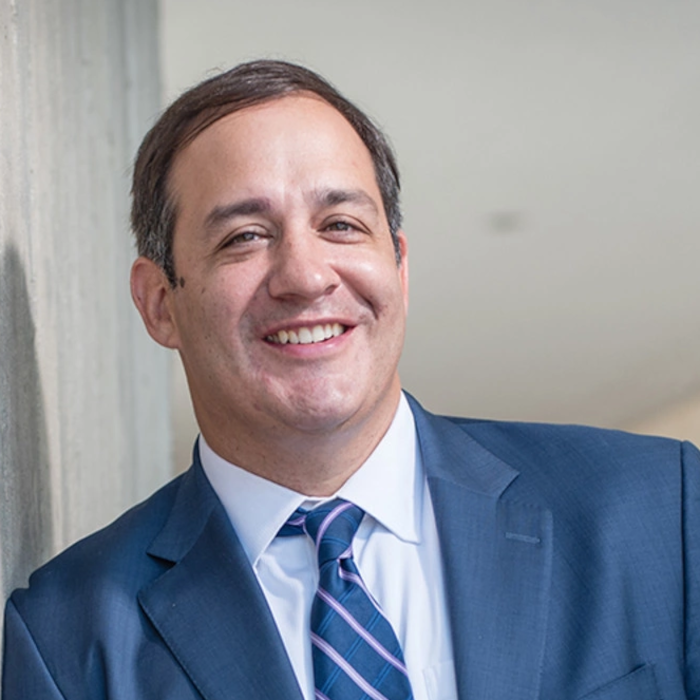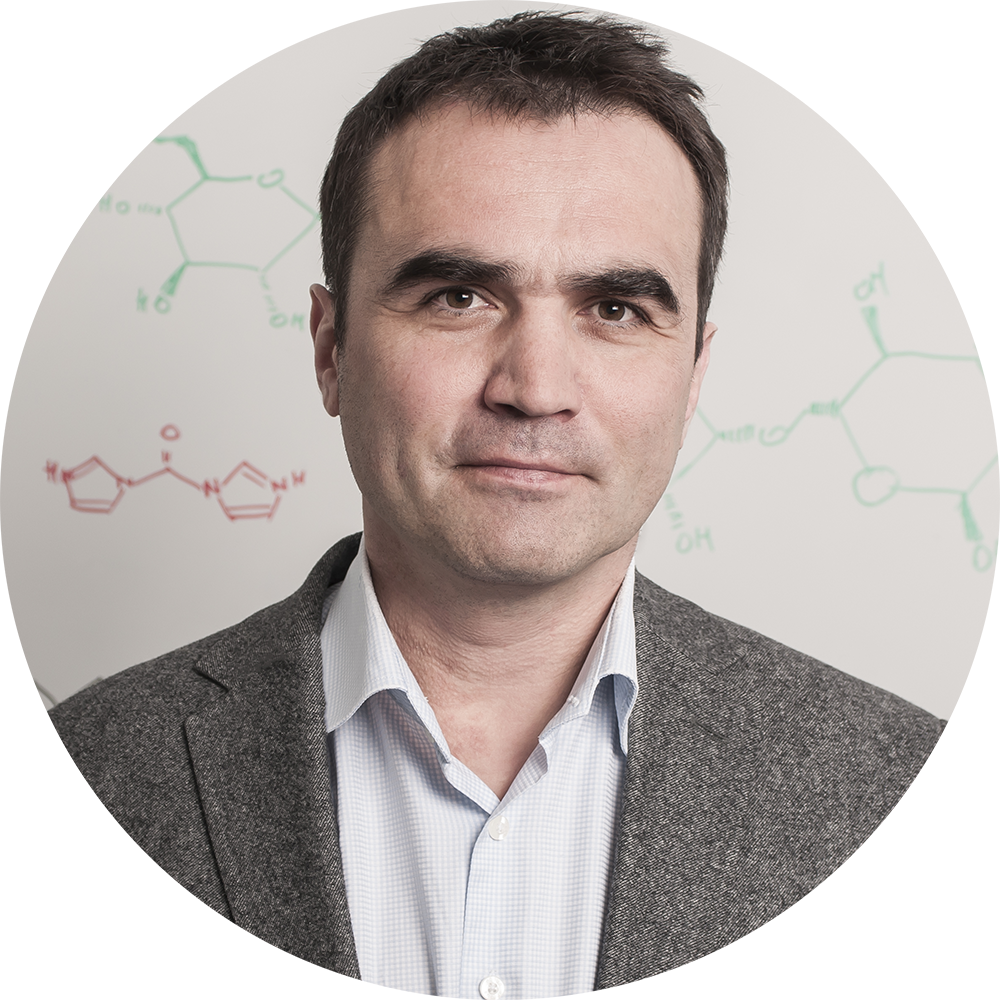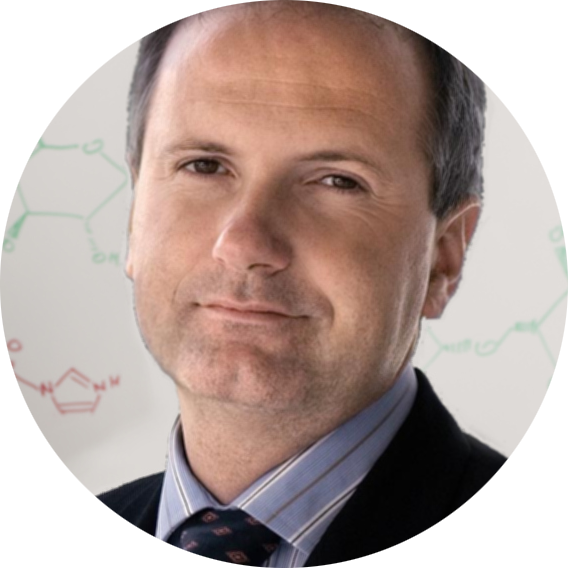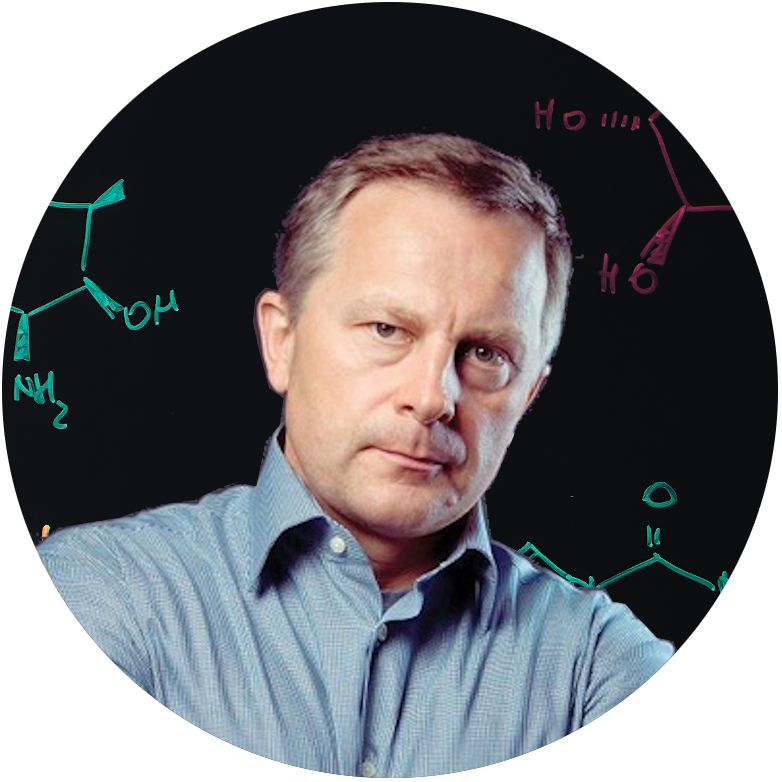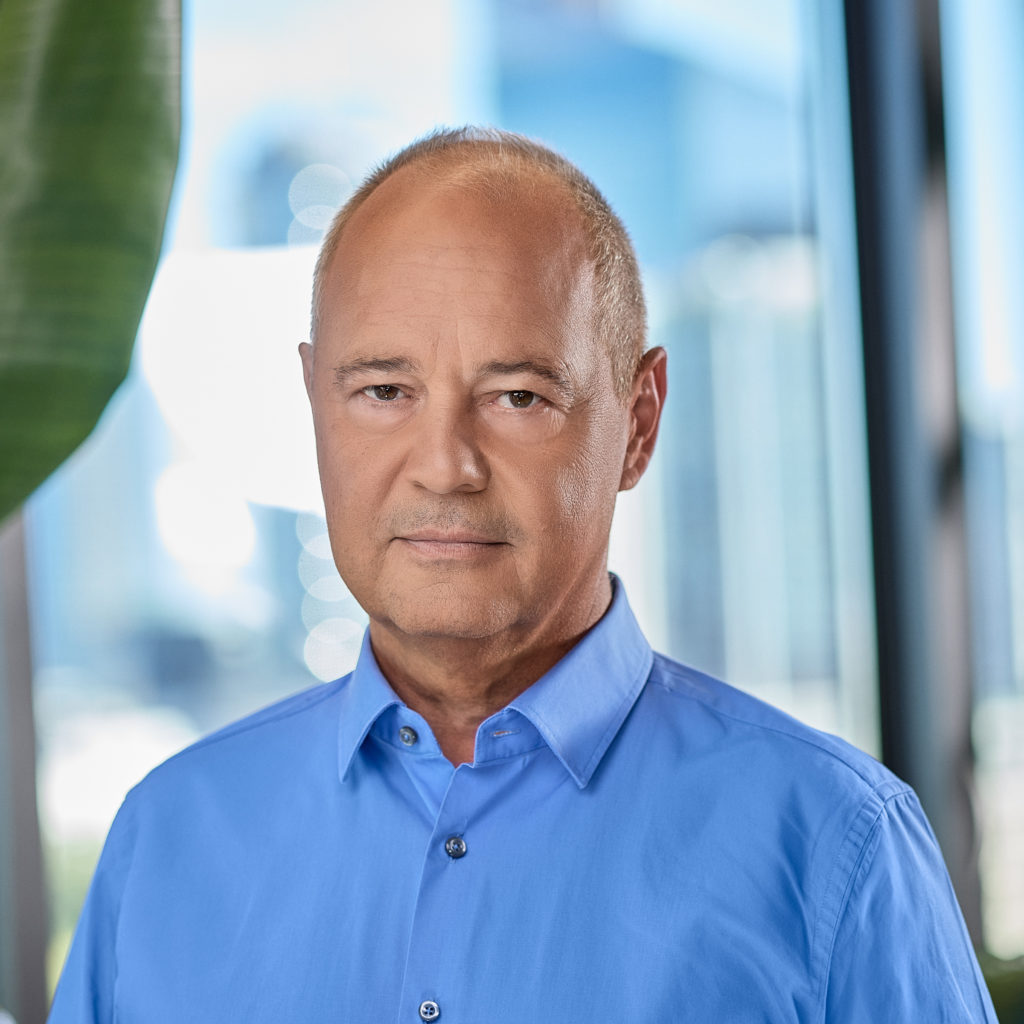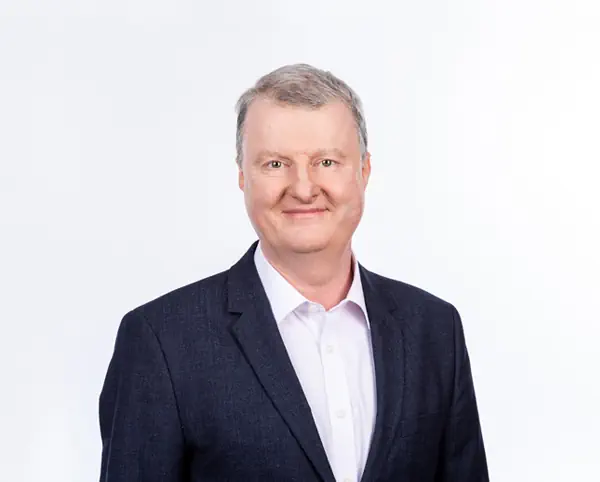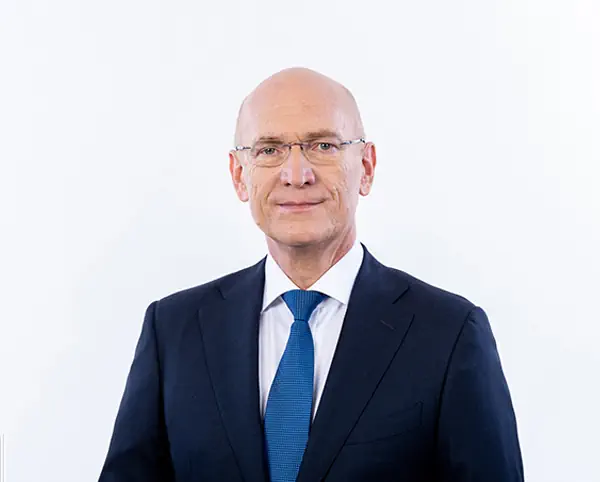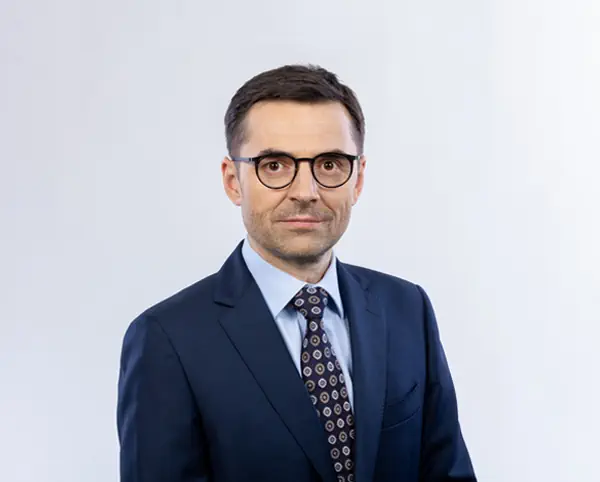147 hours – that is how long pig kidneys were kept out of the body, as a part of NanoGroup’s research on the innovative NanOX organ storage system and fluid. This is a record-breaking result. The experiment was successful, and kidneys perfused with the fluid developed by the Polish company showed normal physiological parameters and processes. According to the researchers, this means that the system is ready for the next stage of research.
As a part of the Polish NanoGroup’s research into its innovative NanOX organ storage system, a record-breaking time for keeping a kidney out of the body has been achieved. The organ harvested from the pig was kept outside the body for more than six days – 147 hours to be exact. The experiment showed that the kidneys produced urine and filtered creatinine both during perfusion and during reperfusion. In addition, there were processes observed that may be indicative of regenerative processes taking place in an isolated organ perfused with NanOX fluid.
As reported by Prof. dr. hab. med. Maciej Kosieradzki, head of the Department of General and Transplant Surgery at the University Clinical Center of Medical University of Warsaw and one of the research team leaders, so far only 1 similar case of keeping a kidney out of the body for such a long time has been reported in the literature, yet it involved a kidney that was in a much better initial condition. This is because the Polish study is intended to simulate the situation of uncontrolled cardiac arrest in a donor in an out-of-hospital setting, happening in real life:
– We deal with kidneys harvested from animals, which are deliberately severely damaged by us. We subject them to warm ischemia, a situation in which the circulation stops, and after half an hour only remove such an organ, then keep it still in hypothermia for a long time to aggravate the damage, and only then start resuscitating it, subjecting it to perfusion in NanOX fluid. The condition of these organs really improves a lot, they regain their optimal condition. At some point, they start secreting urine-like fluid, meaning the kidney performs physiological processes – you can see that it undergoes repair,” describes Prof. Kosieradzki.
In the experiment conducted, kidneys perfused with NanOX 10 fluid under subnormothermic conditions showed stable oxygen and glucose consumption. This demonstrates their satisfactory condition during the perfusion process. In both cases, the kidneys produced urine and filtered creatinine both during perfusion and during reperfusion. Moreover, the results of histopathological analysis indicated that there were necrotic areas in the kidneys before perfusion, which were not observed after the perfusion process with NanOX 10 fluid. There are modern testing methods used to assess organ condition, and these methods could potentially improve the entire perfusion protocol and transplantation procedure in the future.
– The process we used to assess organ condition is very complex and complicated. We use techniques such as proteomics and metabolimics in our research. They are used to assess the total profile of proteins and small-molecule compounds in a biological sample. By examining perfusion fluid samples, protein profiles are obtained and evaluated using statistical methods to assess their importance and role. In this way, we can assess, for example, the vascular damage condition, but also determine whether regenerative processes have occurred. This allows the organ to be monitored in even greater detail than in the previous transplant protocol. Nevertheless, such an advanced evaluation system is necessary, assuming that our system is designed to enable at least partial tissue regeneration, explains Piotr Mierzejewski, Vice President of NanoGroup S.A.’s Management Board .
What potential transplantation-related benefits could be provided by regenerative processes happening in an isolated organ – explained by Prof. Kosieradzki.
– First, we gain time – we can store this organ for numerous days without losing its quality. Secondly, we can even try to improve its quality by introducing genes to prevent cell apoptosis or to hide or modify the immunogenicity of the organ before it comes into contact with the recipient’s organism and, through this gene insertion, make the organ specific to the recipient – such a custom-made solution. Finally, most organs are transplanted from deceased donors, who are mostly ill from various causes and as a result may have damaged kidneys, livers or hearts. With this solution, we may be able to successfully treat some of these diseases or remove their effects in an isolated organ. A very wide range of possibilities are indeed opening up. Today, I can’t even quite imagine what my fellow scientists could do with such a preservative fluid, devoid of blood and allowing very long organ storage” – he explains.
Simulations of reimplantation of a kidney kept out of the body for 147 hours indicate that the system with NanOX 10 fluid under subnormothermic conditions is ready for the next stage of testing. According to Prof. Maciej Kosieradzki, based on the observations and data collected so far, one could proceed with testing an animal model in an autotransplantation procedure.
– We have taken another important step toward the commercialization of the organ storage system we are developing. Previous studies have already clearly indicated the proper performance of both the fluid and our device, as well as the outstanding potential of this technology. Each successive result from the research work we receive reinforces our belief that we are getting closer to our goal. Like any solution of this kind, the implementation of a new technology is a multi-stage process that takes time, yet positive research results have recently provided the project with additional momentum. Successful tests on an animal model in an autotransplantation procedure will be the ultimate proof of effectiveness for the solution we are developing,” commented Przemysław Mazurek, CEO of NanoGroup S.A.
The results of the described research concern a kidney stored in the NanOX organ storage system developed by the Polish company NanoGroup under subnormothermic conditions (at 25 degr. C). Research is still underway on kidneys stored in normal temperature (at 37 degr. C). Research on an innovative system for storing organs for transplantation, conducted by NanoGroup, is carried out in cooperation with the Jan Kielanowski Institute of Animal Physiology and Nutrition of the Polish Academy of Sciences by a team led by Prof. dr. hab. med. Maciej Kosieradzki and Dr. hab. n. med. Piotr Domagała of the Department of General and Transplant Surgery at the University Clinical Center of Medical University of Warsaw.

